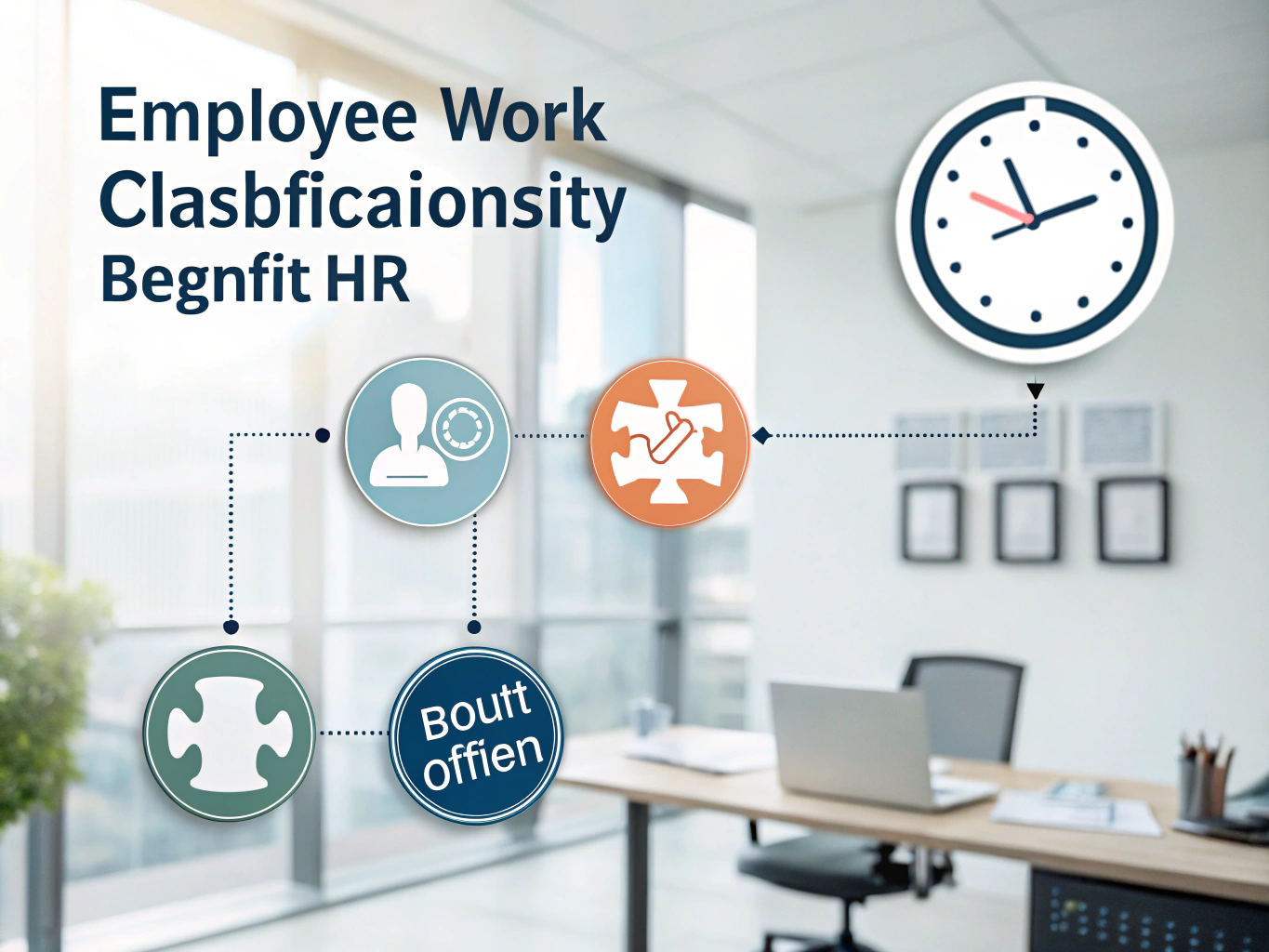Definition
A Travel Expense Policy is a comprehensive set of guidelines that outlines how employees can manage and seek reimbursement for costs incurred while traveling for business. Think of it as your company’s roadmap for navigating travel expenses—ensuring everyone knows what’s expected, what’s reimbursable, and how to keep things running smoothly.
Key Components
Understanding the main elements of a Travel Expense Policy can help you create a clear and effective framework for your team. Here are some critical components to consider:
- Eligibility: Only employees who have been authorized to travel for business-related purposes can claim travel expenses. For instance, if you’re sent to a conference, you must have prior approval from your supervisor before booking your trip.
- Pre-Approval: All travel arrangements should be approved by management beforehand. This means you’ll need to get your travel plans, including flights and hotels, cleared before spending any company funds. Without this step, you risk not getting reimbursed for your expenses.
- Documentation: Keeping track of your expenses is crucial. Employees are required to save receipts and invoices for all costs related to their trip, from airfare to meals. This documentation must be submitted with your expense report to ensure you’re reimbursed accurately.
- Transportation: Your policy should specify what kinds of transportation are reimbursable. For example, if you travel by train, your ticket can be reimbursed, and if you use your personal vehicle, mileage reimbursement should be clarified as per company rates.
- Accommodation and Meals: Guidelines on hotel stays and meal costs should be clearly articulated, usually with established per diem rates. This helps ensure that everyone remains within budget while enjoying their time away. If meals are capped at $50 per day, keep that in mind while dining out.
- Miscellaneous Expenses: Some expenses may not fit neatly into the above categories. Think of parking fees or business-related phone calls. Your policy should specify which miscellaneous expenses are eligible for reimbursement so there’s no confusion.
Importance in the Workplace
A well-defined Travel Expense Policy is essential for maintaining transparency and accountability within your organization. It helps prevent misunderstandings or disputes over what’s reimbursable. For example, imagine an employee returns from a trip expecting reimbursement for an extravagant dinner that exceeds company limits—only to find out it’s not covered. This could lead to frustration or a feeling of unfair treatment. By having clear policies in place, everyone knows the rules, which fosters a culture of trust and responsibility.
Best Practices
Implementing a Travel Expense Policy effectively requires some thoughtful strategies. Here are a few best practices to consider:
- Communicate Clearly: Ensure that all employees are aware of the travel expense policy from the get-go. Host a training session or send out a comprehensive email detailing the policy, emphasizing the significance of pre-approval and documentation.
- Utilize Technology: Consider using expense management software that allows employees to track their expenses digitally. This way, they can upload receipts as they go, reducing the hassle of collecting paperwork after the trip.
- Regularly Review the Policy: Make it a point to assess the Travel Expense Policy periodically. As business needs change, so should your policy. Collect feedback from employees and adjust limits based on what’s realistic and fair.
- Encourage Cost-Conscious Choices: Foster a culture of cost-awareness by encouraging employees to choose budget-friendly options without sacrificing quality. For instance, suggest they book flights well in advance to take advantage of lower fares.
- Provide a Clear Reimbursement Timeline: Set a specific timeframe for submitting expense reports after travel—typically within a week. This helps keep the reimbursement process efficient and gives employees a clear deadline to work towards.
Legal Considerations
When establishing your Travel Expense Policy, it’s essential to be aware of any legal implications. Ensure that your policy complies with tax laws regarding deductions and reimbursements. For instance, the IRS has specific guidelines on what constitutes business travel expenses. If employees are reimbursed for non-qualifying expenses, it could lead to tax complications for both the employee and the employer. It’s a good idea to consult with a legal or financial advisor to ensure your policy aligns with current regulations.
Conclusion
Understanding and implementing a robust Travel Expense Policy is vital for any organization that requires employees to travel for work. Not only does it promote transparency and accountability, but it also streamlines the reimbursement process, making life easier for both employees and HR professionals. By having a clear, well-communicated policy, you can build trust within your team and maintain financial health for your organization. Remember, a little clarity goes a long way in making business travel a smoother experience for everyone involved!




